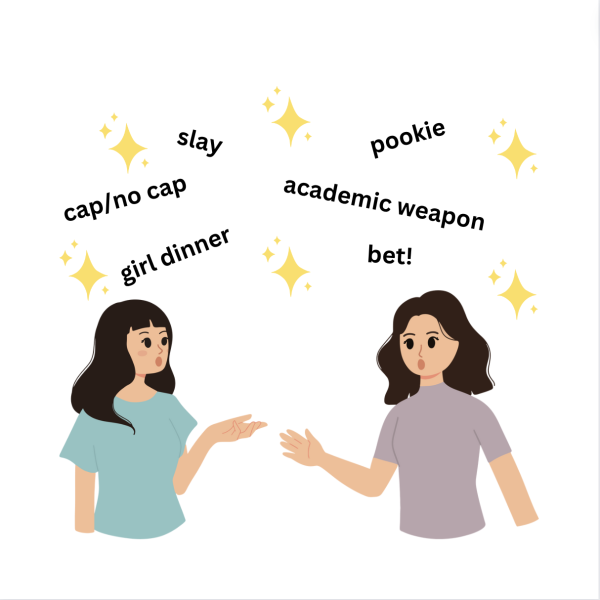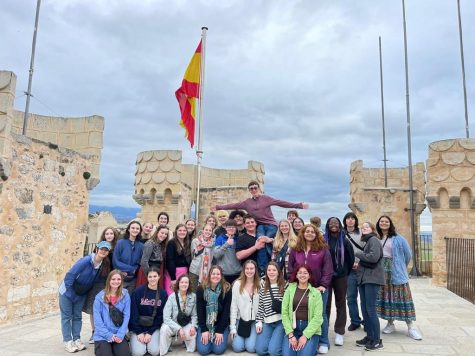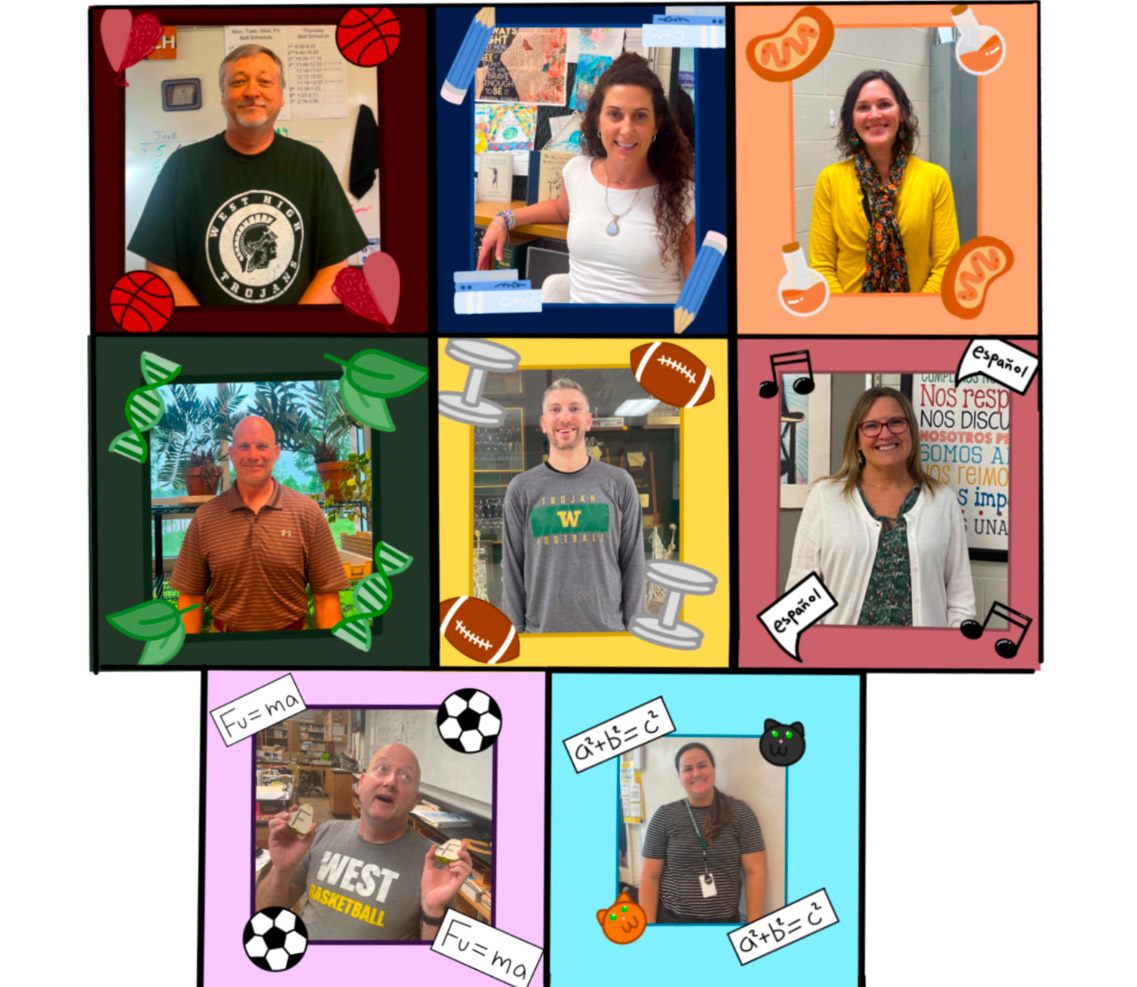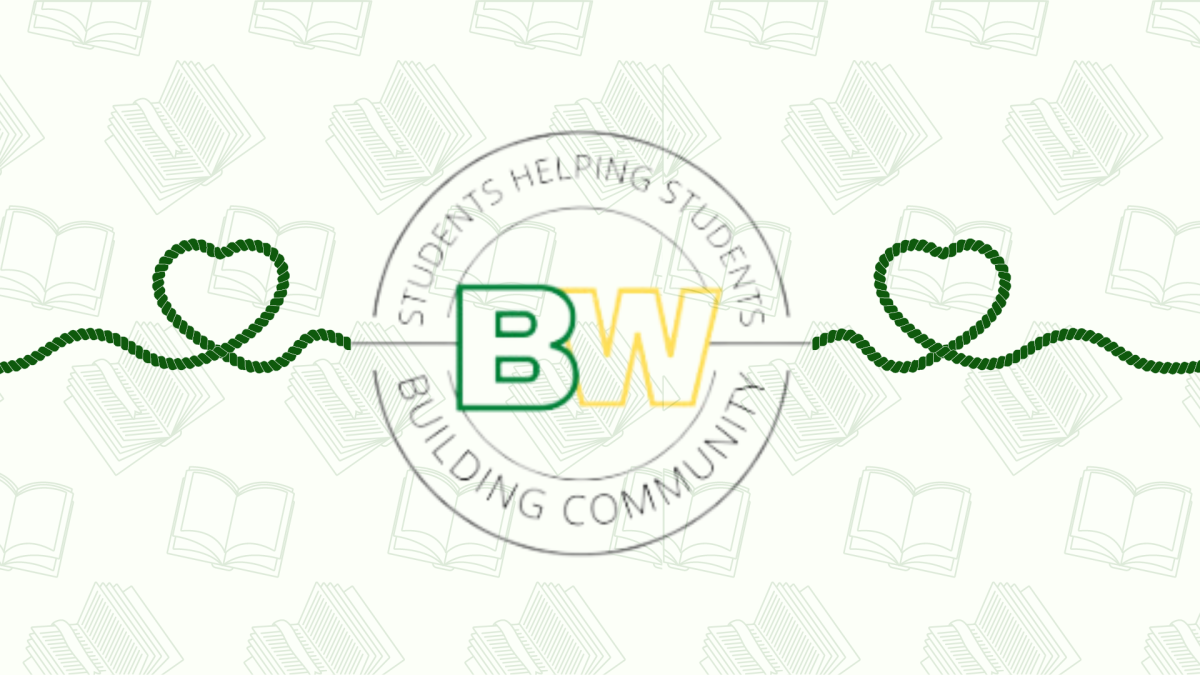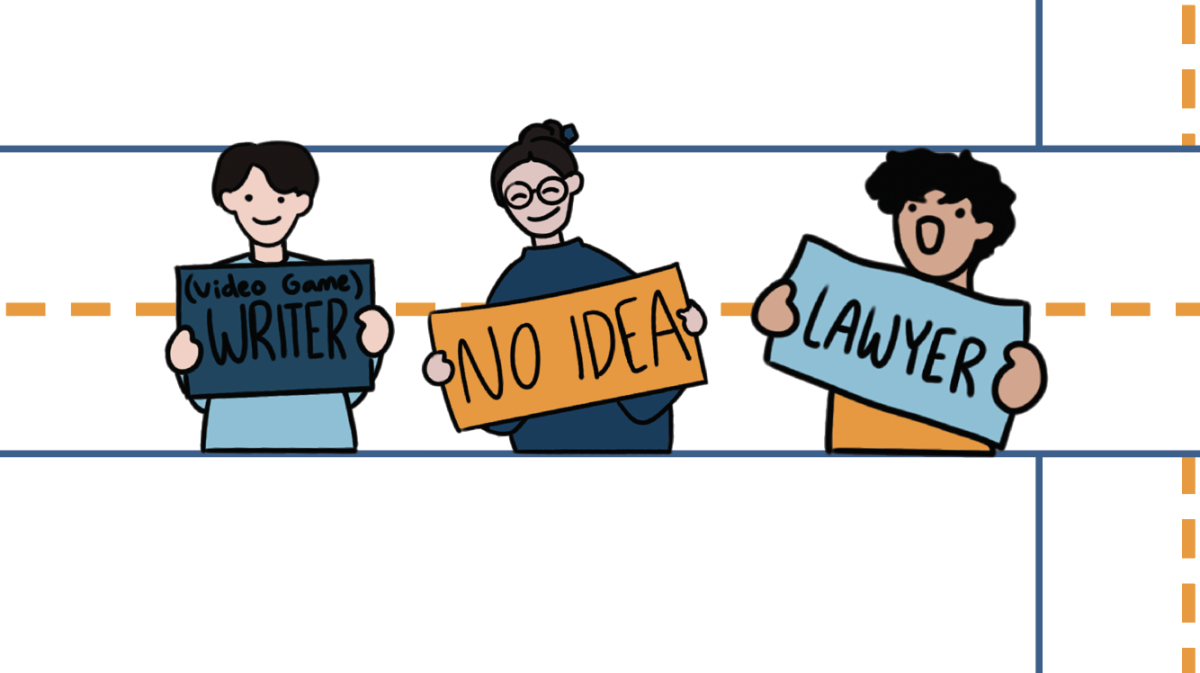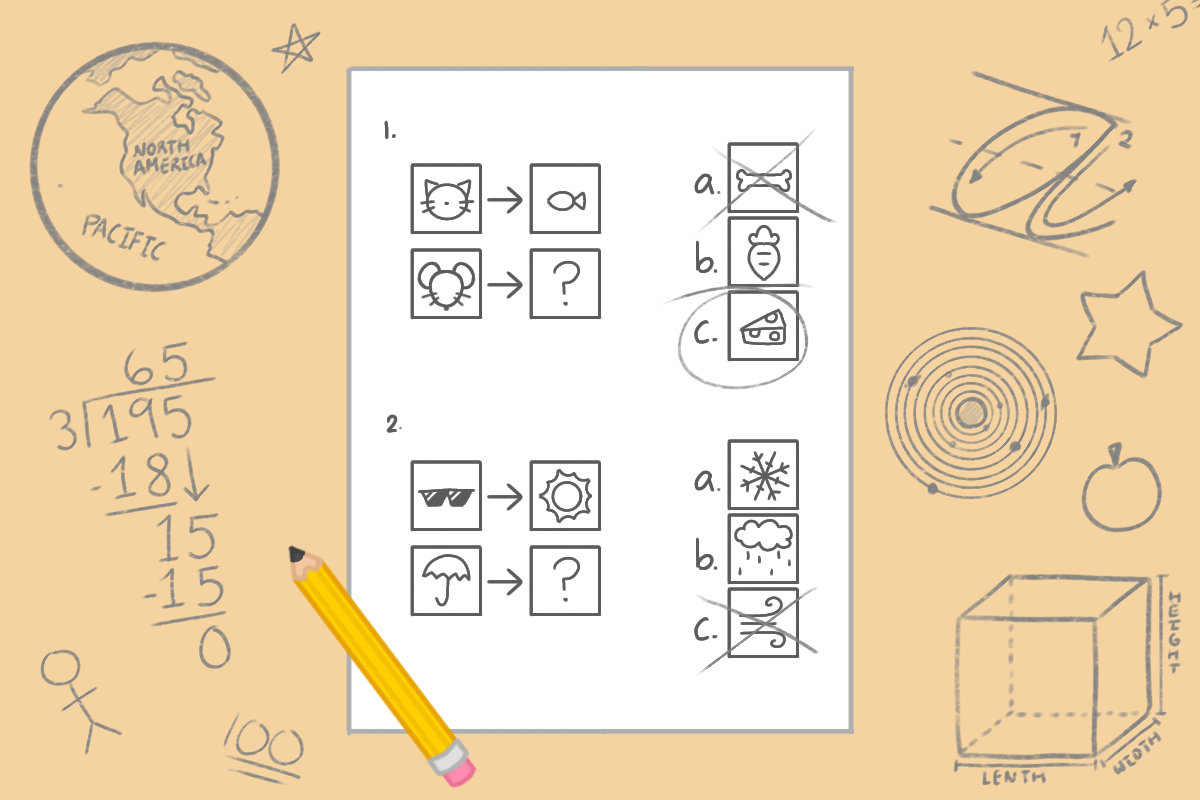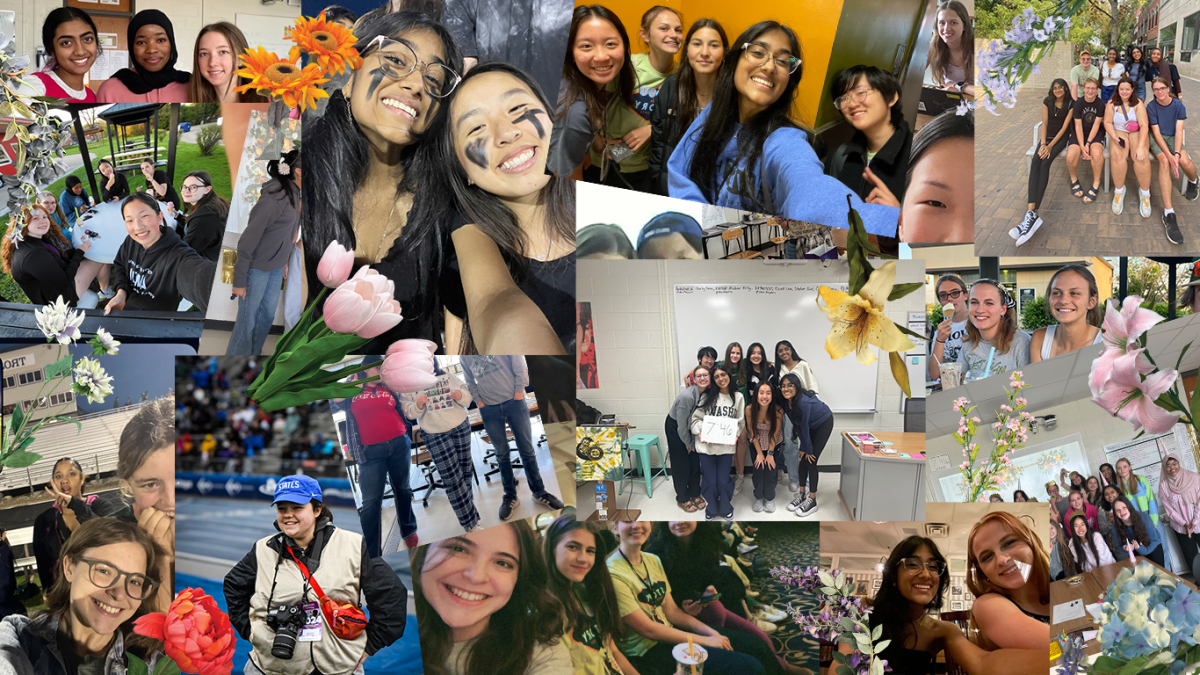Walking through West’s hallways, it is not uncommon to hear a variety of languages fill the air. Aside from studying a certain language solely in school, many students and staff practice other languages independently by going on foreign trips or using apps, such as Duolingo.
Language teachers have incorporated Duolingo into their daily curriculum to enhance the learning experience. Megan Boehme, a Spanish teacher at West, believes having a curated lesson for each student greatly benefits their learning experience.
“For my students, I do a [Duolingo] XP assignment every two weeks, and they can do whatever lessons they need to or want to, and it’s at their level,” Boehme said.
She notes that Duolingo can be helpful for students because of the repetition the app provides.
“I really like Duolingo for a reason that a lot of students maybe don’t like it, and that’s the repetitiveness of it,” Boehme said. “Yes, it might get a little boring but you’re never going to forget the words or the grammar topics that are being repeated so many times. Are they always exactly what you’ll need them for in every situation? No, but it’s a really great starting point.”
Solomon Shaffer ’26 is one of the many students at West who uses Duolingo daily to learn Spanish. He finds that the interactive programs within the app are most helpful in his language learning journey.
“It’s a very easy app to navigate around, and it’s also good for keeping the user engaged,” Shaffer said.
Because of its ease and engagement, Shaffer emphasizes how Duolingo can become addictive.

However, not all teachers believe Duolingo is useful for supplementing foreign language classes. Theresa Juhl, a French teacher at West, explains why she chooses not to incorporate Duolingo into her curriculum.
“It’s not something I know how to use to learn. Back in the olden days before the internet, I had to learn [French] by making lists, repeating it, making flashcards and using it with French speakers. I’m not saying [Duolingo] is bad, it’s just not how I learn,” Juhl said.
However, she notes language learning is becoming increasingly more accessible because of the many new opportunities to learn languages online.
“I am continually fascinated with language changes as time goes on. Now that we have streaming services, where I can watch things in French. The internet has changed [everything]; I used to really have to travel and avidly seek different immersive types of situations to use French or to think about French,” Juhl said. “Because I have more access, I don’t have to travel to a French-speaking country to get that.”
Despite having these apps and methods to supplement learning, West language teachers also express overall struggles of fully immersing students in foreign languages.
“It’s only my class that [students have] in Spanish, so the rest of the day is in English. They’re only hearing and seeing anything [Spanish] usually in my classroom. It is pretty impossible to become fluent in a language without immersing yourself; it takes a lot of self-motivation to really fully grasp another language,” Boehme said.
Juhl agrees that it takes a lot of effort it takes to learn another language.
“The more you put into it, the better you get at it, even though you can’t see it right away. That’s really hard for students to experience. You want to think, ‘Well if I do this right now, the payoff is going to be within the next week or on the next test,’” Juhl said. “I also know that it’s really hard to keep your eye on the prize when you have to work so hard for so long, but it really does pay off. It just takes a lot.”
Even with the challenges of learning foreign languages, West teachers share the benefits of teaching and studying another language.

Similarly, Juhl notes that she’s gained a new perspective on making mistakes.
“What learning French has taught me is [that] you can make mistakes, and it’s not a big deal. I say that from the standpoint that every single mispronunciation and grammatical error happens in a very public place,” Juhl said. “You feel a little silly about it, you feel a little embarrassed about it, [but French] taught me to just keep moving forward. Making a mistake wasn’t the worst thing that could happen in the moment.”
Gathered from her teaching experience, Boehme offers advice to students who strive to expand their knowledge or learn a new language.
“I would say just don’t get discouraged. Don’t give up because it is really hard, especially when you don’t have friends or people around you that speak that language,” Boehme said. “It takes a lot of self-motivation. The confidence will come later. Just keep listening, talking to yourself and one day you’ll get there.”
Being in an environment where the language is spoken plays a crucial role in the learning process. Students and teachers have explored languages by immersing themselves in different cultures through traveling internationally.
Sam Zimmermann ’24 traveled to Spain on a school trip his junior year, and he expresses how going to a new country broadened his horizons.
“It shows you the side of another country and culture that you don’t typically get to see as a tourist. I got to live the way Spaniards lived. I got to go to school as a kid in Spain. I got to go hang out with friends as a kid would in Spain and just experience what it is like to live in Spain,” Zimmermann said.
He expands on how influential the experience was in growing his language skills.

In addition to taking foreign trips, some students have gotten the opportunity to study abroad. Eli Maze ’25 lived in Japan during his sophomore year, which significantly expanded his knowledge of Japanese culture.
“I thought I knew that country; I thought I knew that atmosphere, but it took having to go there in-person to really understand what it was like,” Maze said. “If you go on a vacation just as a tourist, there’s sort of like a barrier between you and the actual real life of that country.”
While foreign trips and studies abroad are beneficial to learning about another culture, they can be difficult adjustments. Maze explains the hardships he faced with a language barrier.
“All the signs you see [and] all the words you hear in Japanese was such a weird feeling for me, and I felt like I had more confidence in my Japanese [speaking] ability before I went than I should have. I realized, I don’t know all this academic language, I don’t know all this slang,” Maze said.
Even though traveling abroad brings many challenges, Juhl, who has gone on many foreign trips with students, believes it’s ultimately worth it.
“One of the reasons why I continue to go on these trips, even though it’s exhausting and a whole lot of planning and responsibility, is experiencing somebody’s first when it might be my 50th,” Juhl said. “For example, going to the Eiffel Tower is time-consuming and stressful, [but] seeing the look on [students’] faces when they’re on the Eiffel Tower and then looking at Paris, that’s why we’re in education, to be able to experience those moments with somebody. It’s so fun.”




